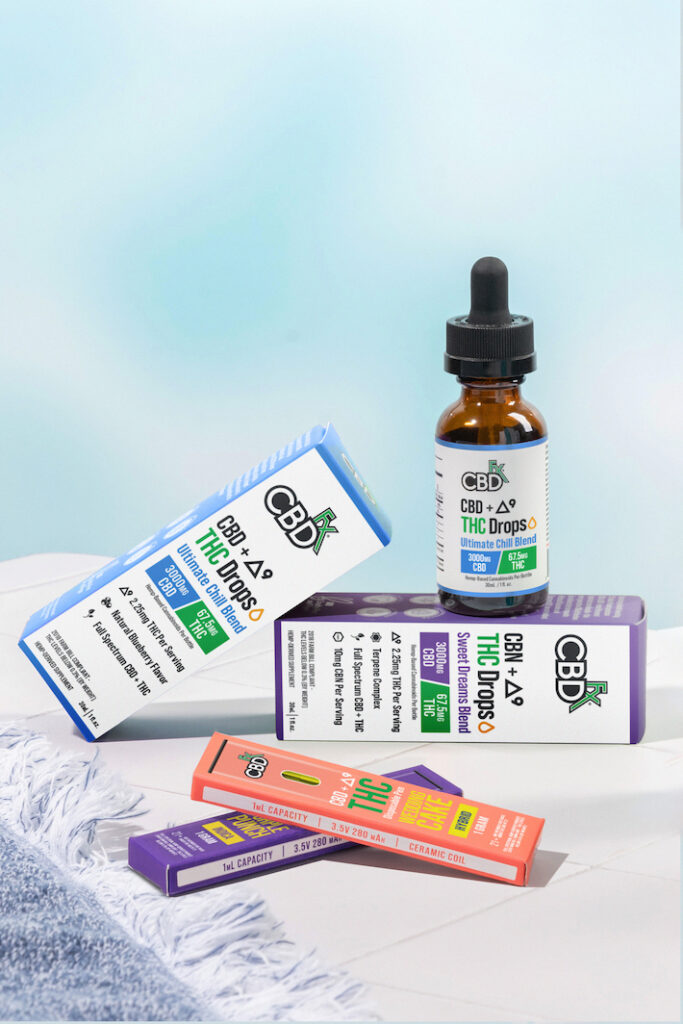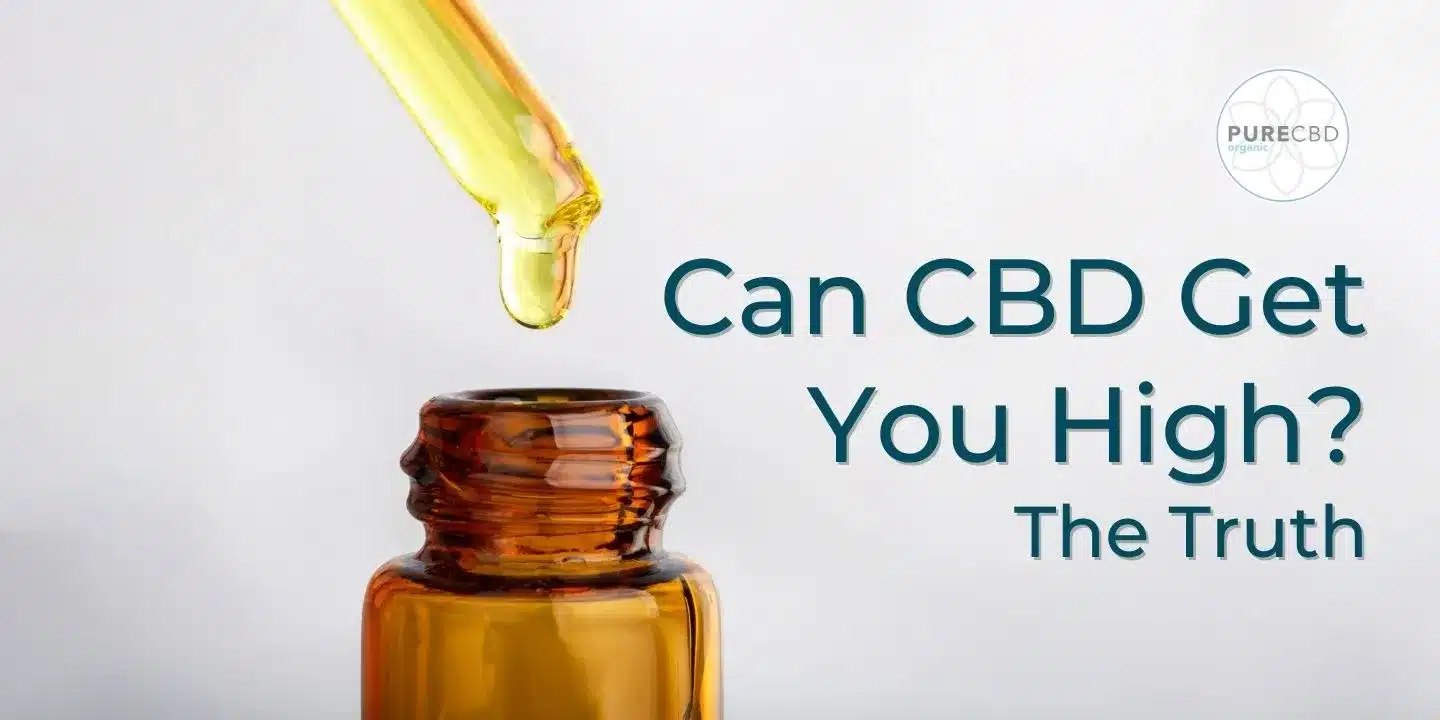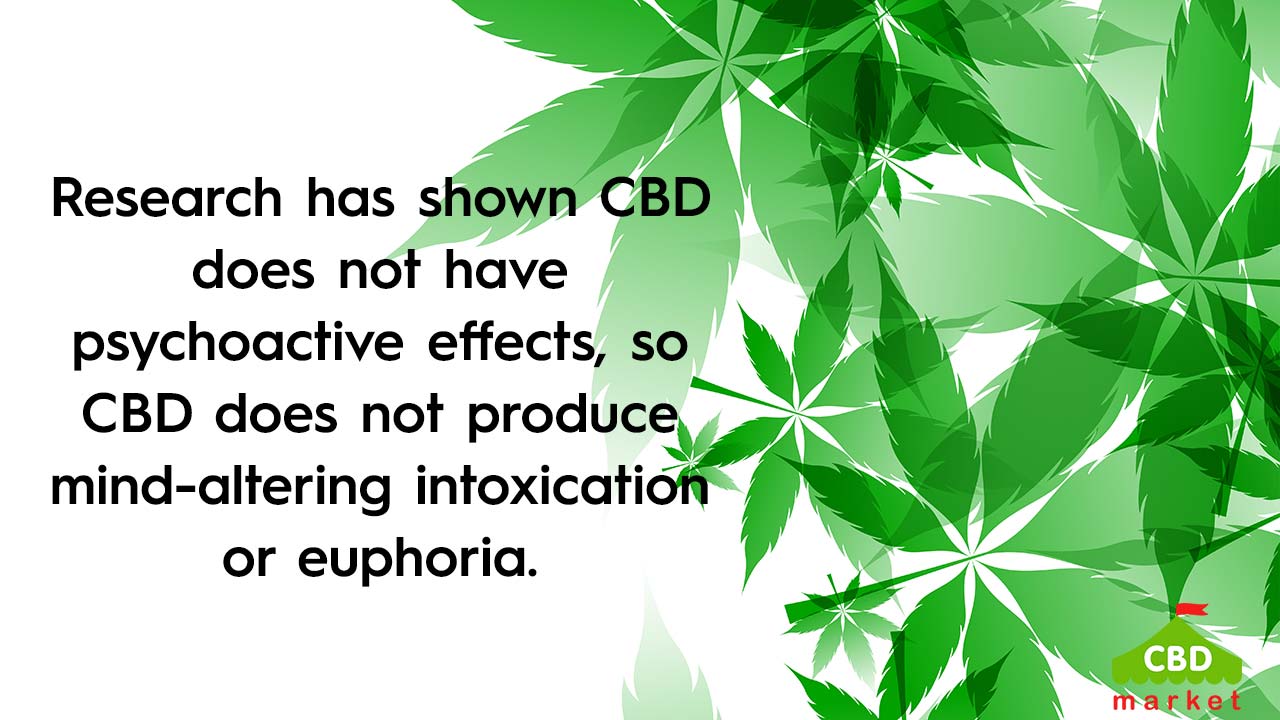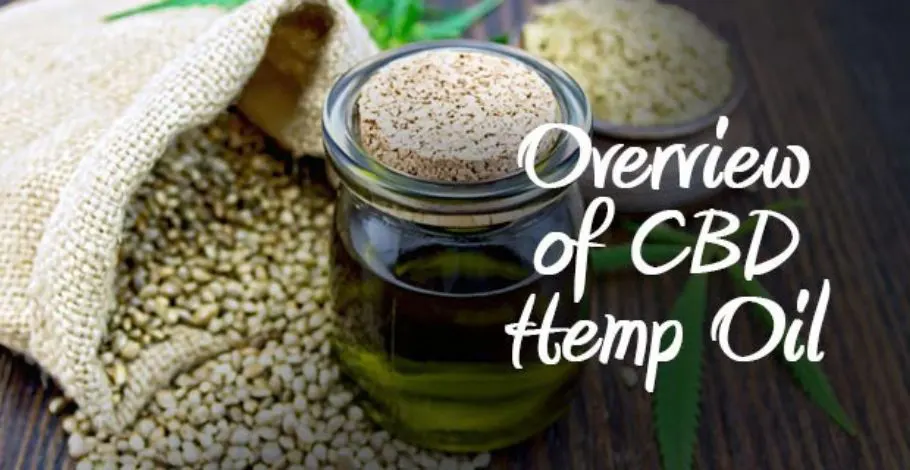Does Thc Oil Get You Stoned
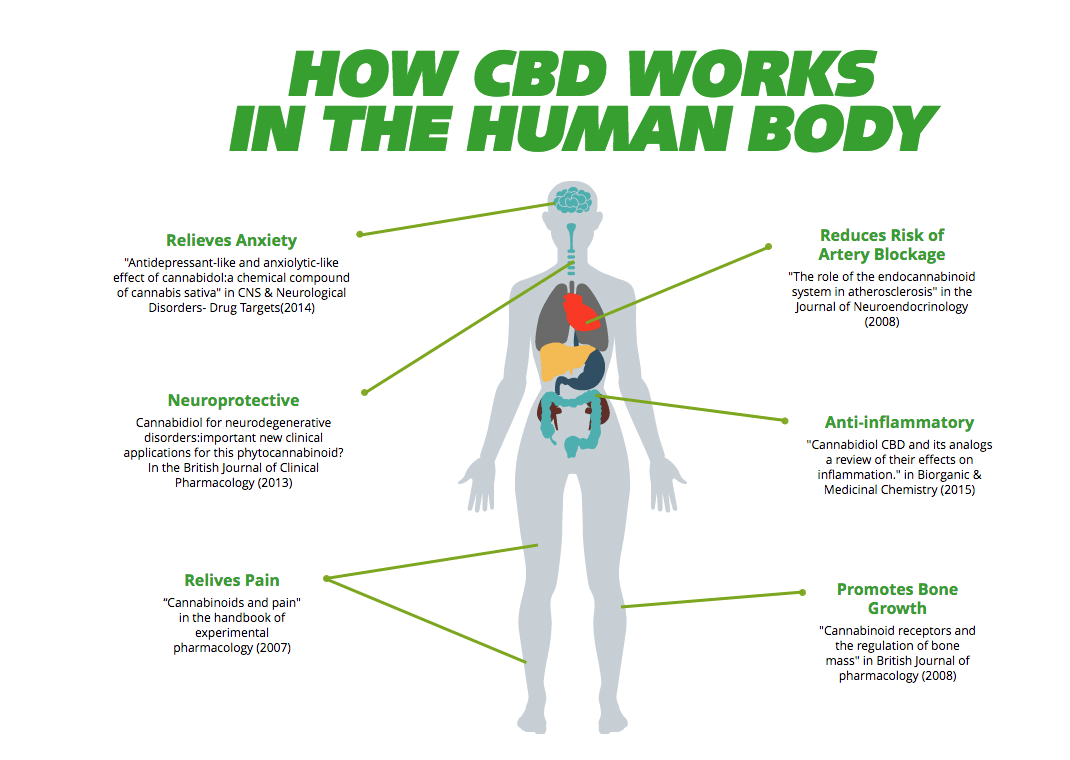
The question of whether THC oil induces intoxication, or a "high," is a complex one, deeply interwoven with factors ranging from product composition to individual physiology. Understanding the nuances is crucial for consumers and policymakers alike, as THC oil's legality and societal acceptance continue to evolve.
This article aims to provide a balanced and factual overview of THC oil, its psychoactive properties, and the variables influencing its effects. It will examine the science behind THC, explore the different types of THC oil available, and consider the individual and societal implications of its use.
Understanding THC and its Effects
Tetrahydrocannabinol, or THC, is the primary psychoactive compound found in cannabis plants. It interacts with the body's endocannabinoid system, a complex network of receptors that regulates various physiological processes, including mood, pain perception, and appetite.
When THC binds to these receptors, particularly the CB1 receptors in the brain, it can alter neuronal activity, leading to the feelings of euphoria, altered perception, and relaxation commonly associated with being "high." The intensity of these effects is directly related to the concentration of THC and the individual's sensitivity.
What is THC Oil?
THC oil is a concentrated extract derived from cannabis plants. It typically contains high levels of THC, often significantly more than what is found in raw cannabis flower.
These oils are produced through various extraction methods, such as CO2 extraction or solvent-based extraction, which isolate the desired cannabinoids and terpenes from the plant material. The resulting oil can then be used in a variety of products, including vape cartridges, edibles, and tinctures.
The potency of THC oil can vary widely, ranging from relatively mild to extremely potent. This variability is a critical factor in determining whether or not it will produce a noticeable psychoactive effect.
Factors Influencing the Psychoactive Effects
Several factors influence whether or not THC oil will get someone "stoned." These include the THC concentration, the method of consumption, and individual tolerance levels.
THC Concentration: The higher the concentration of THC in the oil, the more likely it is to produce psychoactive effects. Products with low THC content, such as some CBD oils with trace amounts of THC (less than 0.3%), may not cause intoxication.
Method of Consumption: The way THC oil is consumed also affects its onset and duration of action. Vaporizing or smoking THC oil results in a rapid onset of effects, as the THC is quickly absorbed into the bloodstream through the lungs.
Edibles, on the other hand, are metabolized through the liver, which converts THC into a more potent form called 11-hydroxy-THC. This can lead to a delayed but more intense and prolonged high.
Individual Tolerance: Individuals who frequently use cannabis develop a tolerance to THC, meaning they require higher doses to achieve the same effects. Conversely, those who are new to cannabis or have a low tolerance may experience significant psychoactive effects even from small doses of THC oil.
“It is crucial for consumers to be aware of the THC concentration in the products they are using and to start with low doses, especially if they are new to cannabis,” stated Dr. Jane Doe, a cannabis researcher at the National Institute on Drug Abuse.
Types of THC Oil and Their Effects
Various types of THC oil exist, each with its own unique characteristics and potential effects. These include distillates, isolates, and full-spectrum oils.
Distillates: Distillates are highly refined THC oils that contain almost pure THC. They are typically flavorless and odorless, making them versatile for use in a variety of products.
Isolates: THC isolates are the purest form of THC, containing virtually no other cannabinoids or terpenes. They are often used for research purposes or by individuals who want to experience the effects of THC in isolation.
Full-Spectrum Oils: Full-spectrum THC oils contain a range of cannabinoids, terpenes, and other compounds found in the cannabis plant. Some believe that these oils produce a more holistic and beneficial effect due to the "entourage effect," where different compounds work together synergistically.
Potential Risks and Considerations
While THC oil can offer potential benefits, it is essential to be aware of the potential risks associated with its use. These risks include anxiety, paranoia, impaired cognitive function, and potential addiction.
Furthermore, the unregulated nature of the cannabis industry in some areas can lead to concerns about product quality and safety. Consumers should purchase THC oil from reputable sources that provide third-party testing results to ensure the product's purity and potency.
It's also crucial to consult with a healthcare professional before using THC oil, especially if you have any underlying health conditions or are taking other medications.
Conclusion
Whether or not THC oil will get you "stoned" depends on a complex interplay of factors, including the THC concentration, method of consumption, and individual tolerance. Understanding these factors is essential for consumers to make informed decisions about their cannabis use.
As the legal landscape surrounding cannabis continues to evolve, it is crucial to rely on credible sources and scientific evidence to guide our understanding of THC oil and its potential effects. Continued research and education are vital to ensuring the safe and responsible use of cannabis products.



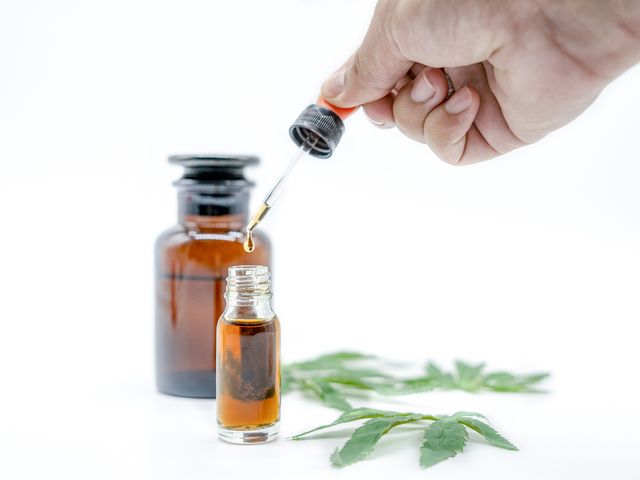
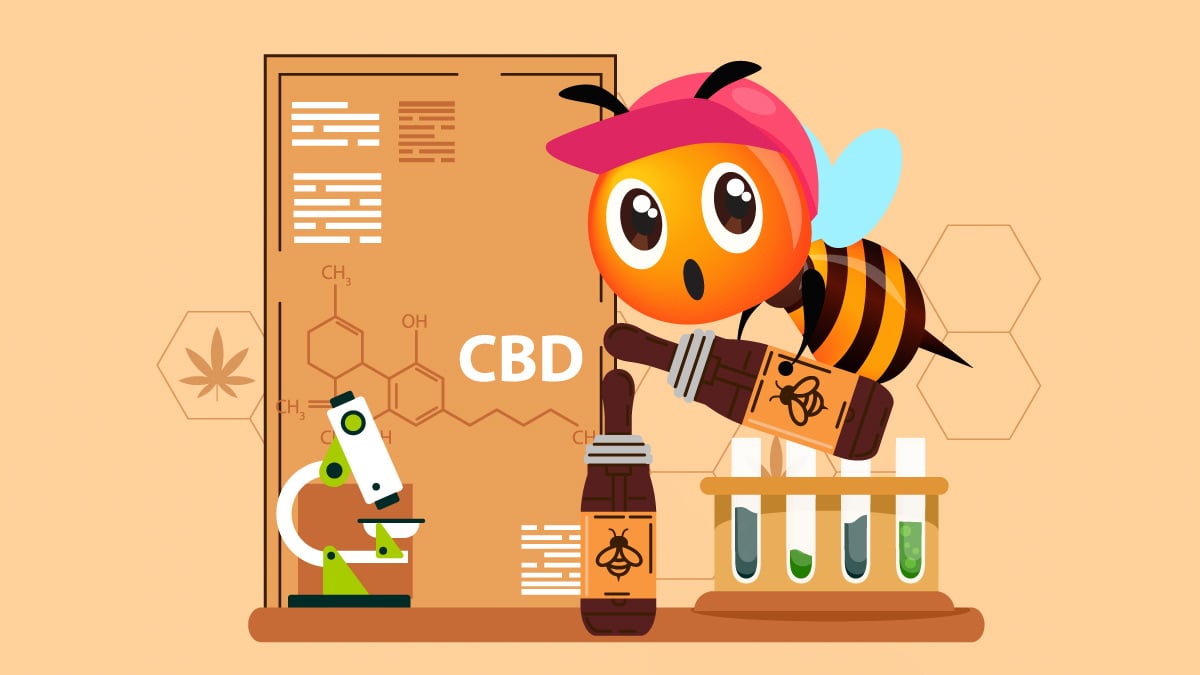
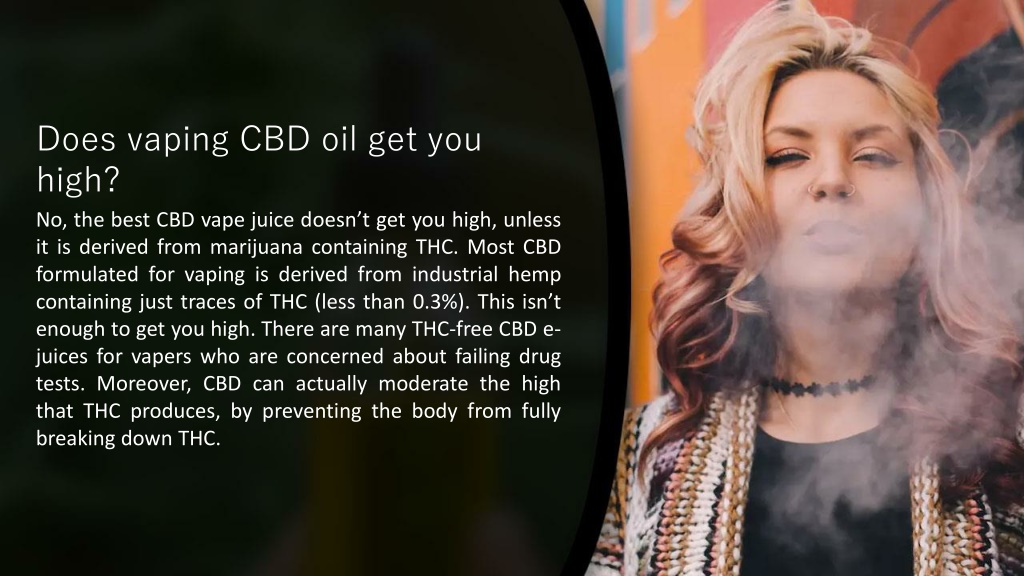

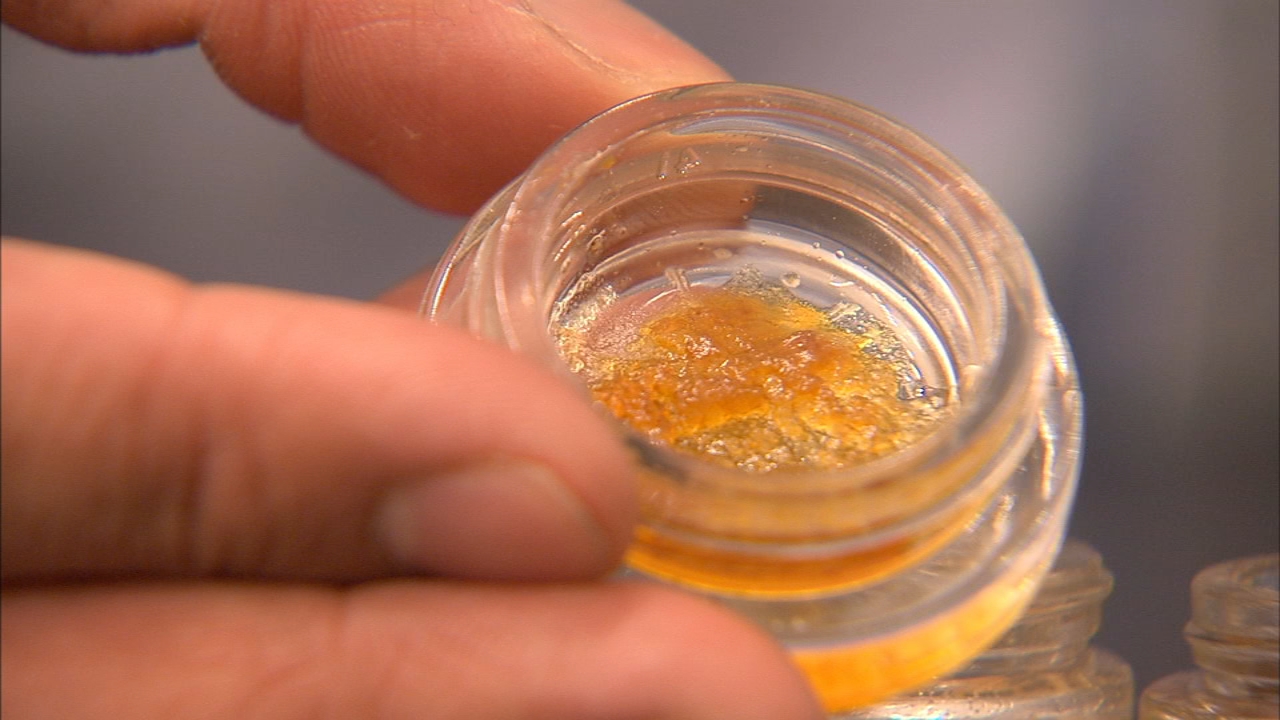

![Does Thc Oil Get You Stoned Home [greentherapydmv.com]](https://greentherapydmv.com/wp-content/uploads/2022/03/does-delta-8-thc-actually-get-you-high.jpg)
